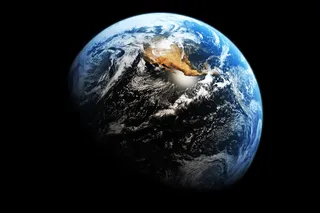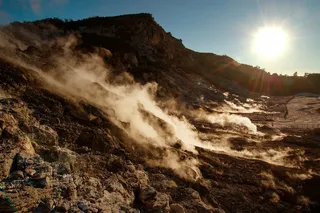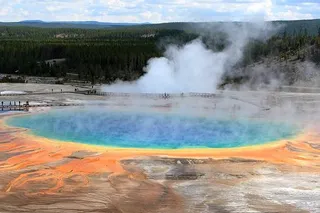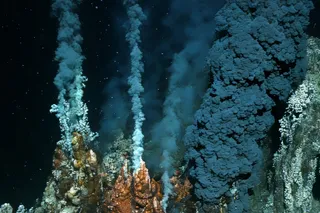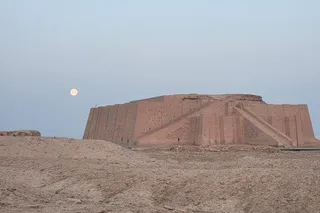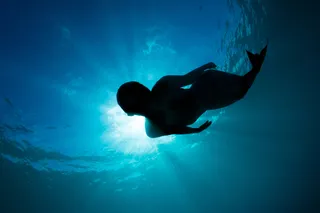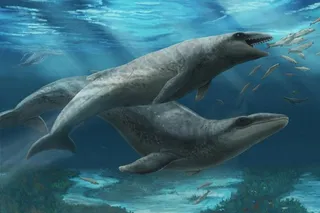Earth has been home to life for billions of years, but could the planet itself be considered a living thing? Most people simply think of Earth as a giant rock — one with the perfect conditions to nurture life as we know it today, from animals and plants to microscopic bacteria. But English environmental scientist James Lovelock thought differently.
Departing from traditional scholarly views, Lovelock collaborated with American evolutionary biologist Lynn Margulis in the 1970s to develop a new perspective called the Gaia hypothesis. This idea frames Earth as a living system in which all organisms influence the surrounding environment to maintain homeostasis (in other words, stability). Although the hypothesis remains highly controversial to this day, it has broadened scientific dialogue about the identity of our planet.
In formulating the Gaia hypothesis, Lovelock took inspiration from ancient Greek mythology. Gaia, the Greek goddess of Earth, was worshipped as the mother ...




